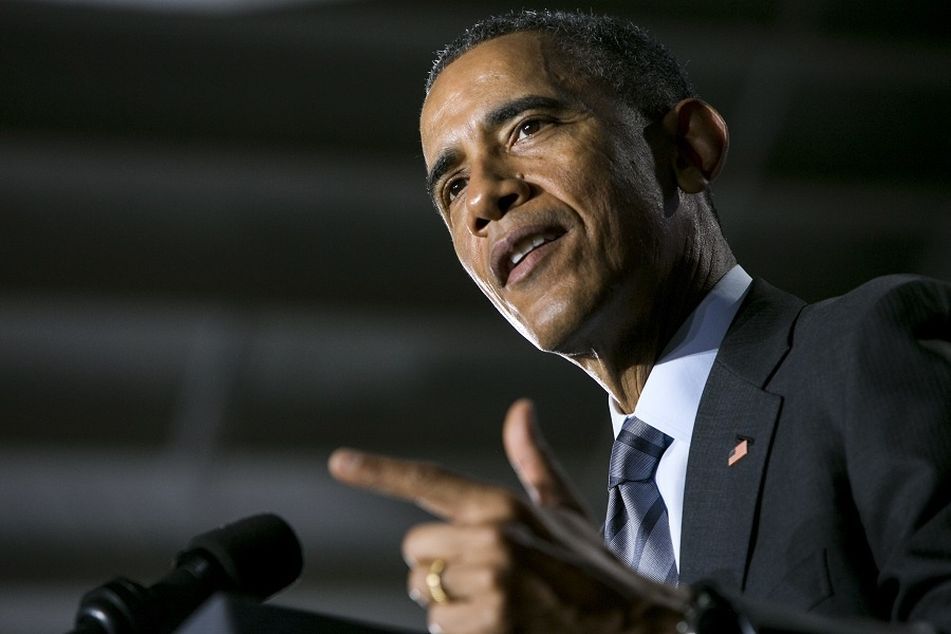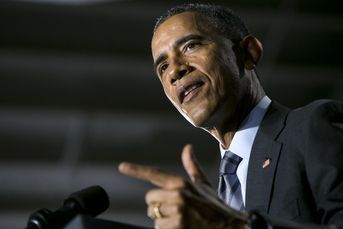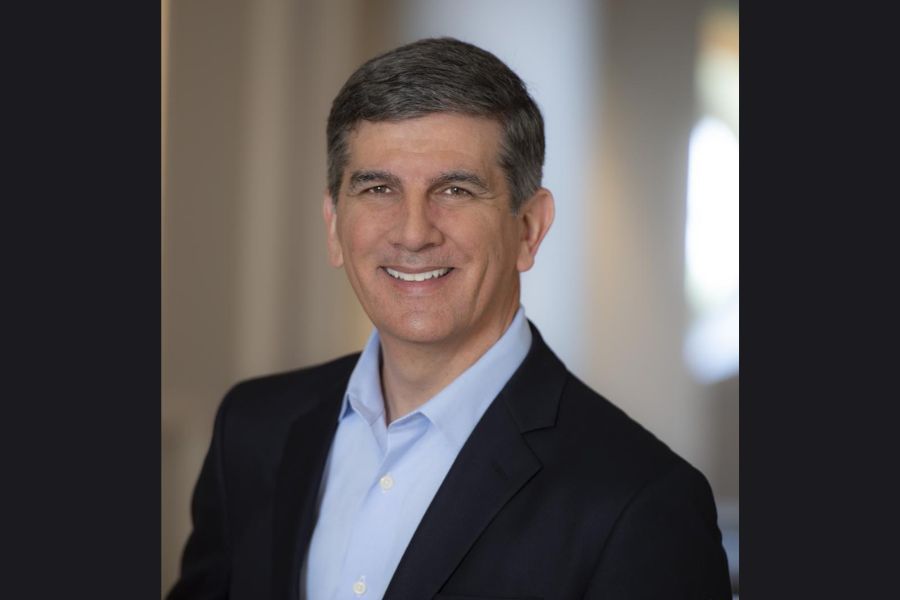Why President Obama’s estate tax proposal is a big deal

The president's proposed change in step-up in basis would have a major impact on high-net-worth earners' taxes, according to Robert N. Gordon.
President Barack Obama whipped up the class warfare argument with his estate tax proposal in the State of the Union address.
Let’s explore the estate tax and the step-up in basis, and their influence on taxable investors.
When a person dies, his or her assets are liable for an estate tax. Note that those assets are monies that have already been reduced by income taxes. You earn $100 in salary, pay $40 in income tax and have $60 to leave to your kids.
(Related: 10 tax traps to avoid in 2015)
Current law levies estate tax only on estates of over $10 million, but the amount excluded from tax and the actual estate tax rate have varied a lot in recent years.
Assuming the 2015 estate tax of 40%, the heirs would keep $36 of the $100 in salary earned and the government would keep $64.
The step-up in basis exists because Congress decided it would be unfair to add another layer of capital gains tax to an already-heavy load.
When a person leaves an asset as a bequest, any unrealized capital gains taxes are forgiven; only the estate tax is charged. The recipient inherits the asset at present value.
To take our example one step further: You earn $100 in salary and have $60 after income tax. You take that $60 and invest it in a growth stock that is worth $110 when you die. Under current rules, your heirs will owe 40% of the $110, or $44 in estate tax, leaving them with $66.
If the president’s proposal was enacted, the heirs would owe another 28% tax on the capital gain of $50, or $14 more in tax. In this example, of the $150 the taxpayer earned in salary and investing, the government received $98 in various taxes and the taxpayer’s heirs only $52.
Where do you get the money to pay these estate taxes when you own something other than liquid securities?
Much of the literature on tax-efficient investing relies on the step-up in basis as a bedrock concept.
The paradigm was to buy a security distributing little or no taxable income. If you needed money, you borrowed against the security and continued to hold it until death.
HARVESTING LOSSES
When you invest in a security, the government gives you the choice of when to sell. Taxable investors have used this embedded option by harvesting unrealized losses and holding off selling securities with unrealized gains.
But harvesting losses only resets your cost basis. If the shares retrace their price decline, a tax will need to be paid that would not have been due if you had not harvested the loss.
Let’s say you bought ABC at $10, and after it declined to $7 you harvested the loss and then repurchased. If the shares pop back up to $10, you’ll have a capital gain of $3 unless you hold it until you die. The step-up in basis would then ignore the gain.
(More on tax harvesting: How to optimize tax loss harvesting strategies)
Loss harvesting is only a deferral unless the repurchased shares are held until death.
Real estate and master limited partnership investors enjoy the largest “tax break” from the step-up rules. These investors not only crystalize capital gains when they sell but trigger large amounts of recapture, which are taxed as ordinary income. This recapture income also can be forgiven at death.
As you can see, this change to the step-up in basis would have major ramifications for high-net-worth investors.
There have been times when there was no step-up in basis, but death was not a taxable realization event in those circumstances. The heirs inherited the assets with a carryover basis. With a carryover basis, a capital gains tax will be paid when the asset is actually disposed of, although that theoretically could be generations away.
Mr. Obama did not propose this more “generous” methodology.
I’ll go so far as to predict that, for the reasons I’ve outlined, this proposal as it is will not get very far.
But if it were coupled with a complete elimination of the estate tax or at least a carryover-basis regime, it might actually see the light of day.
Robert N. Gordon is chief executive of Twenty-First Securities Corp. and an adjunct professor at New York University’s Leonard N. Stern School of Business.
Learn more about reprints and licensing for this article.





